The COVID long haulers
The story of the thousands of people still suffering from Long Covid many months on and their fight for recognition.
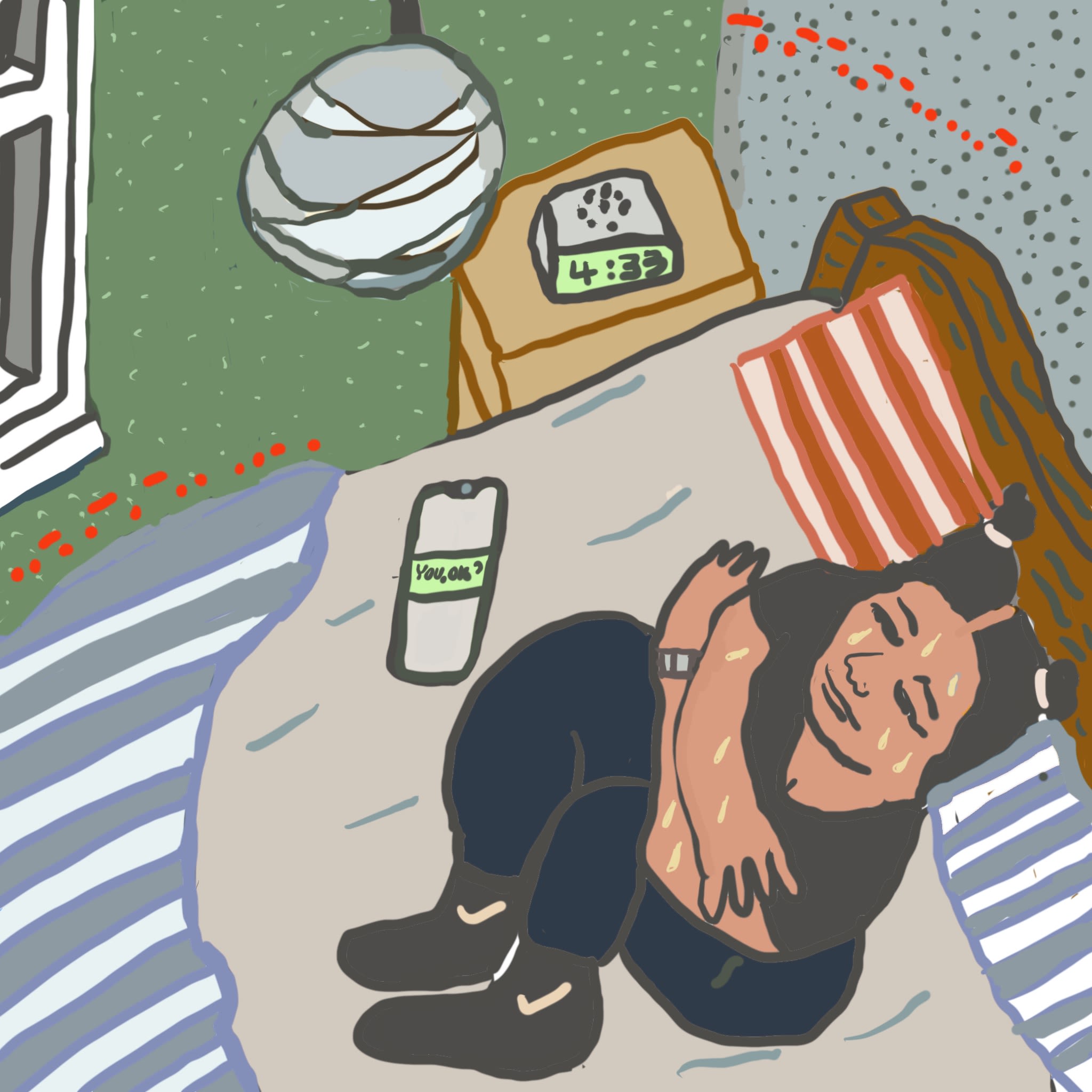
Hidden behind the death statistics and ICU patient numbers are thousands of people who have never recovered from Covid.
Long haulers have been turned away by doctors, refused testing (especially early on in the pandemic when community testing wasn’t available) and friends have struggled to understand how they could still be ill.
“People were probably the most scared they’ve ever been about their health and had the least support,” said Suzy Bolt, a trained councillor and yoga teacher of 20 years.
Long Covid has now been acknowledged as when someone has symptoms that develop during or after an infection consistent with COVID-19 (a positive test is no longer essential) and continue for more than 12 weeks.
The condition looks different for each person, but many say that the types of symptoms and their intensity fluctuate.
“It’s a bit like snakes and ladders,” said Sophie Evans, a 28-year-old NHS nurse and midwife who first fell ill in April. “I feel a bit better some mornings, but then a new symptom pops up like a rash or tummy ache.”

Helen Davies is being treated at a Long Covid clinic in London. Image credit: Helen Davies.
Helen Davies is being treated at a Long Covid clinic in London. Image credit: Helen Davies.
Other than being asthmatic, Helen Davies, 51, was healthy and active before her illness.
Now, she doesn’t trust herself to drive or cook, as her brain fog and cognitive problems mean she just wanders away and forgets what she is doing.
“To go from a completely full life being able to do everything to now… I struggle to chop up potatoes,” she said.
Unfortunately, there is no cure nor much in the way of effective treatment yet for Long Covid.
Patients are often advised to rest, gradually increase their activity, and might be prescribed medication to treat specific symptoms, but doctors don’t really understand the condition.
Helen, who lives in north London, is one of the few lucky ones to have already been referred to one of the new NHS Long Covid specialist clinics, but it wasn’t easy gaining access and the clinic is still mainly conducting tests.
“It’s been a full-time job trying to get myself the care that I needed,” she said.
Long Covid can be debilitating even for young, fit people and those who weren’t hospitalised.
Monique Jackson, 32, was a manager at a commercial art gallery in central London and led a very active lifestyle before she got ill in March.
What started as a headache, fatigue, and tightness in her chest turned into difficulty breathing and then gastric pain.
She has had red toes, blue fingers, breathlessness, skin rashes, tinnitus, dry mouth and eyes, lost her sense of smell, and more.
Now she has a heart problem and can only go on gentle walks.
“I have done intensive cardio training for years,” she said. “But this is unbearable.”
At one point, Monique, who studied illustration at university, couldn’t paint in her garden anymore, so she bought an iPad and started to draw herself in bed.
She created an Instagram account to document her experience and raise the visibility of the condition, and now her work has been used in campaigns for Body Politic and the NIHR.
“I see myself as a creative who wants to help the science community spread their message,” she enthused. “And it’s been a real release for me. I felt so useless for so long.”
Image credit: Rob Pinney
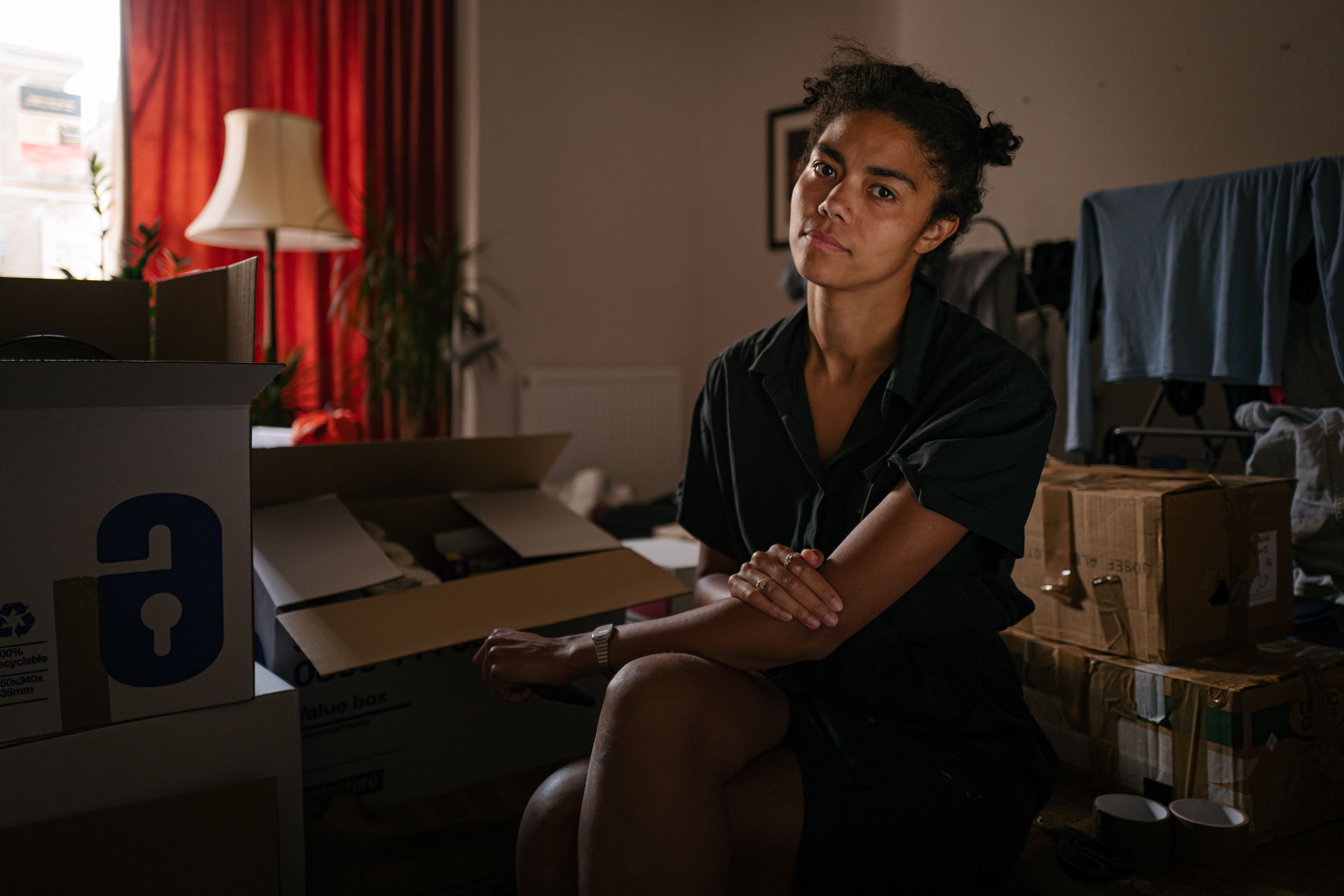
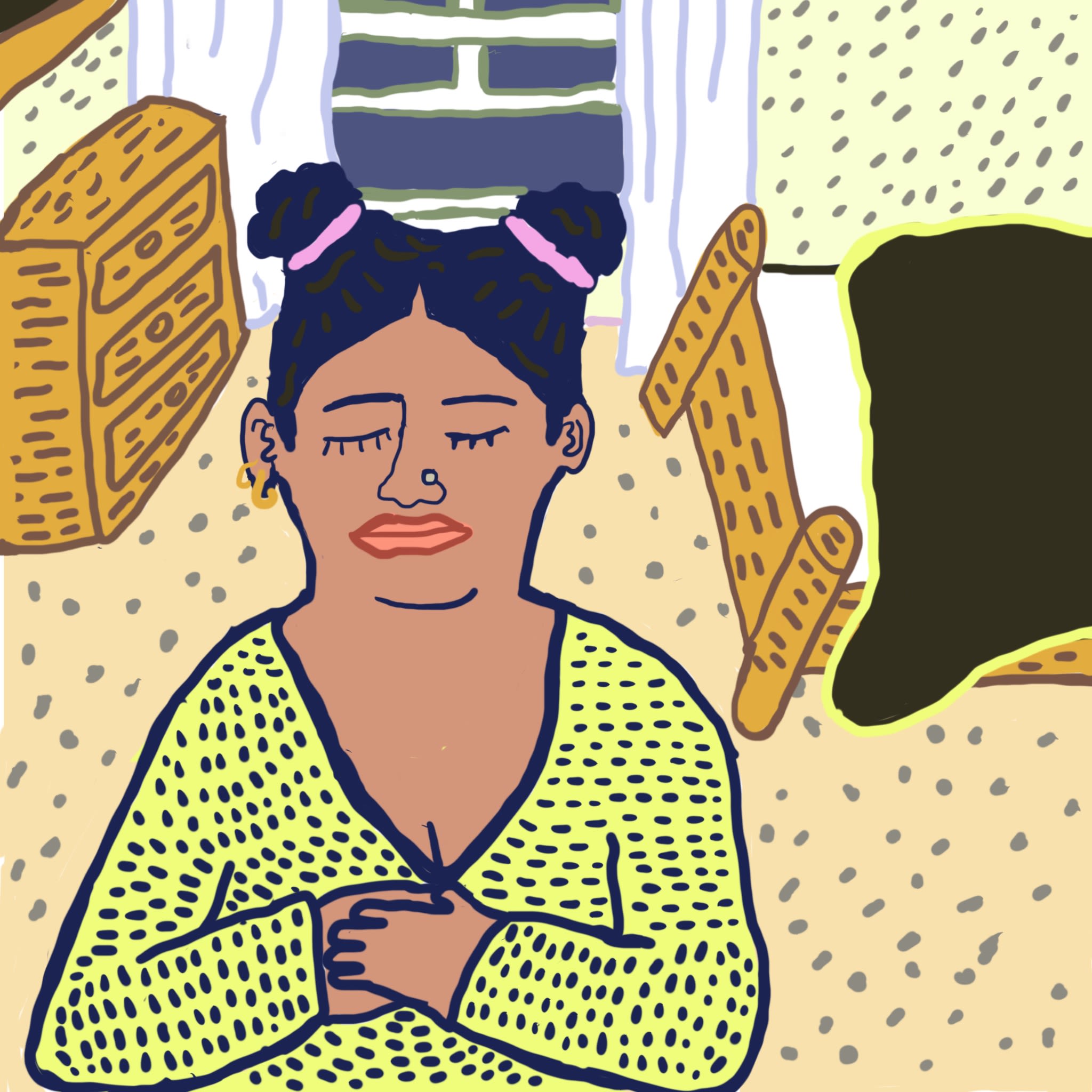
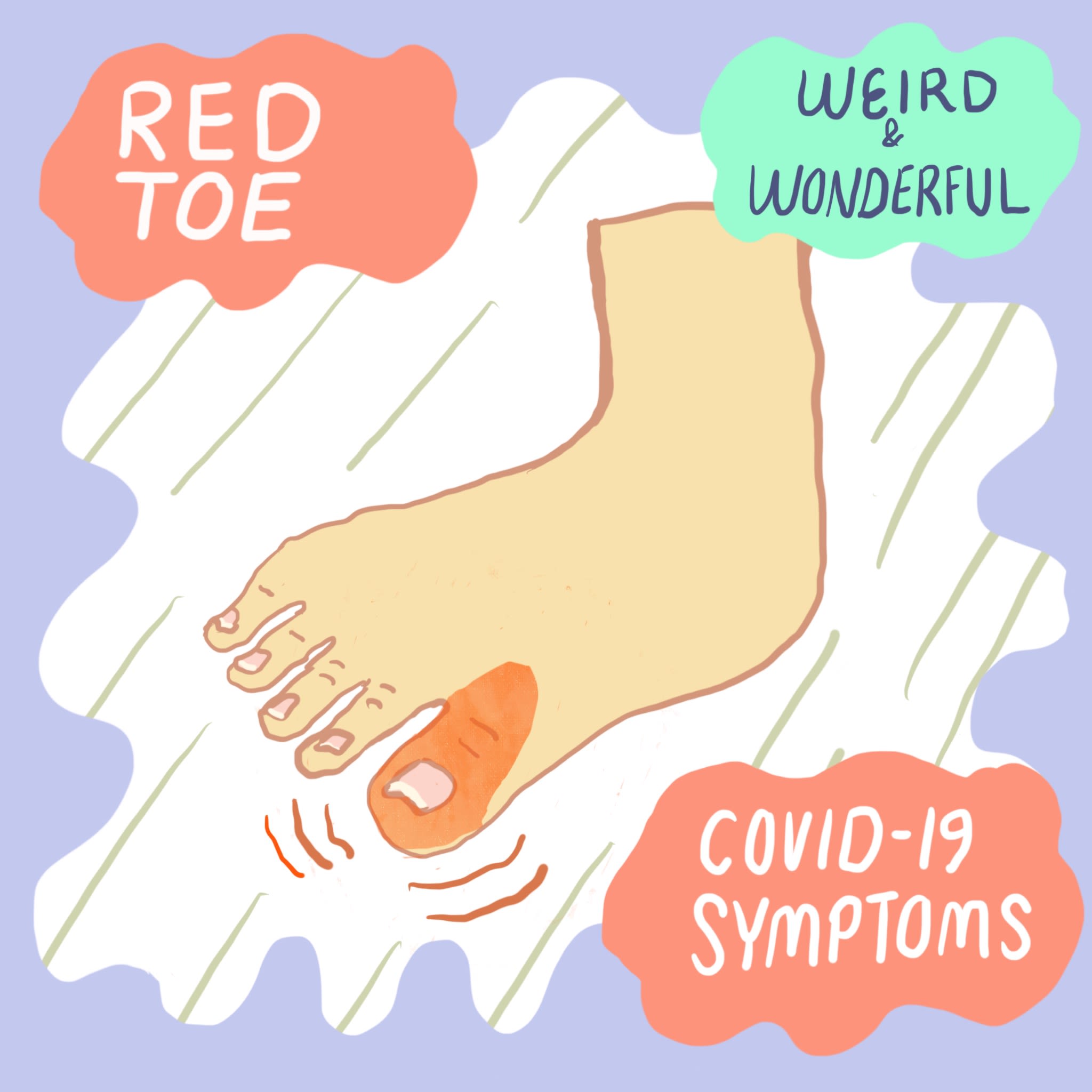
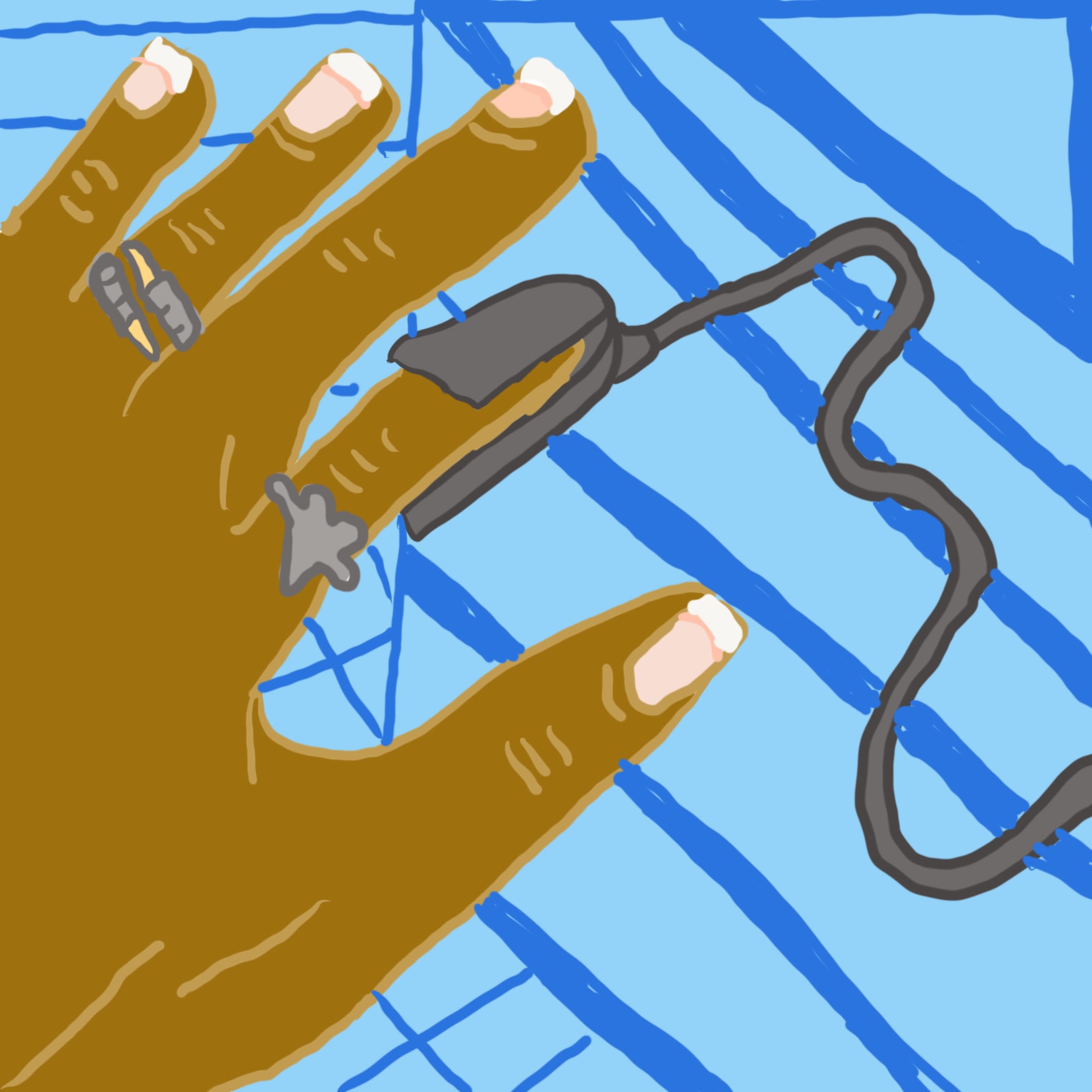
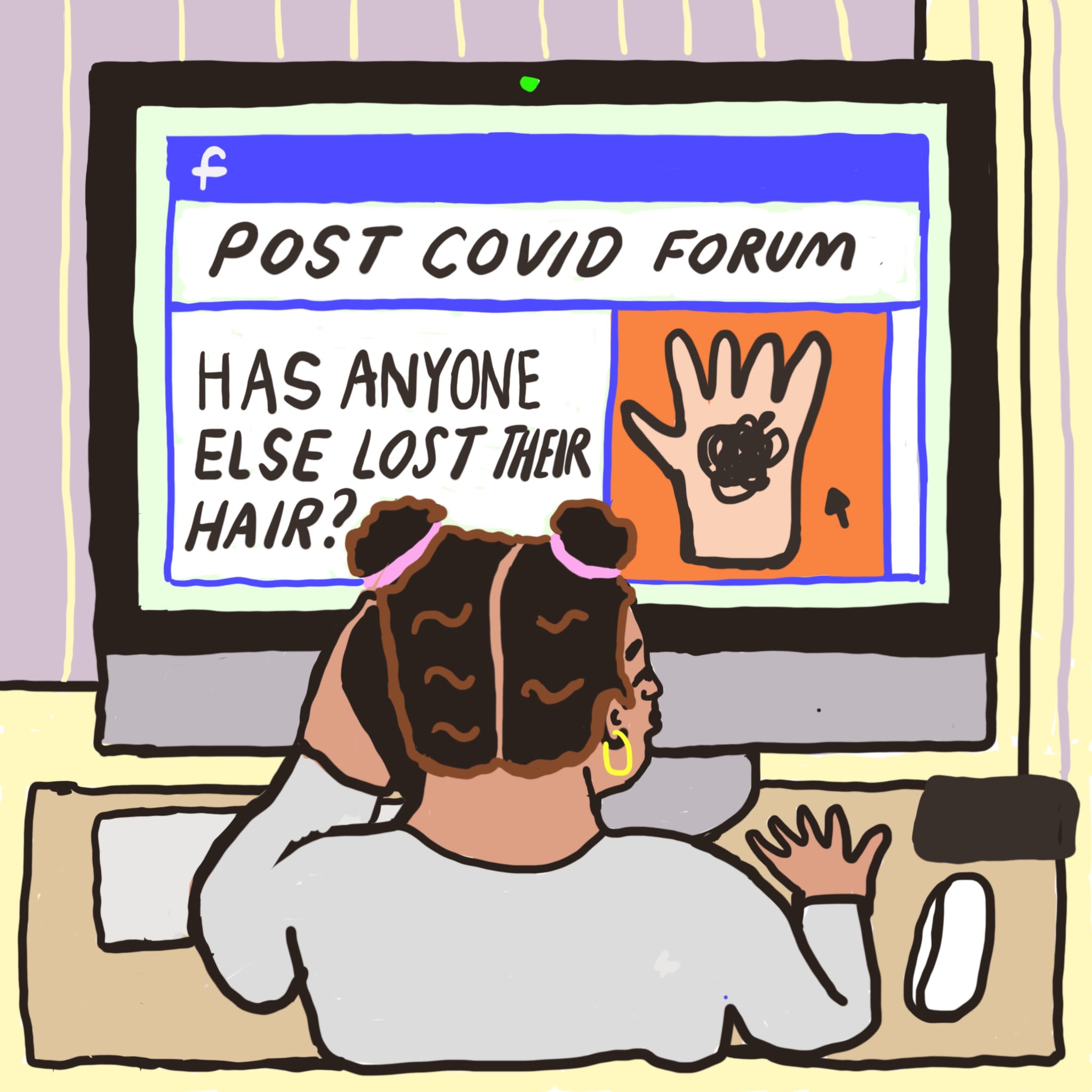
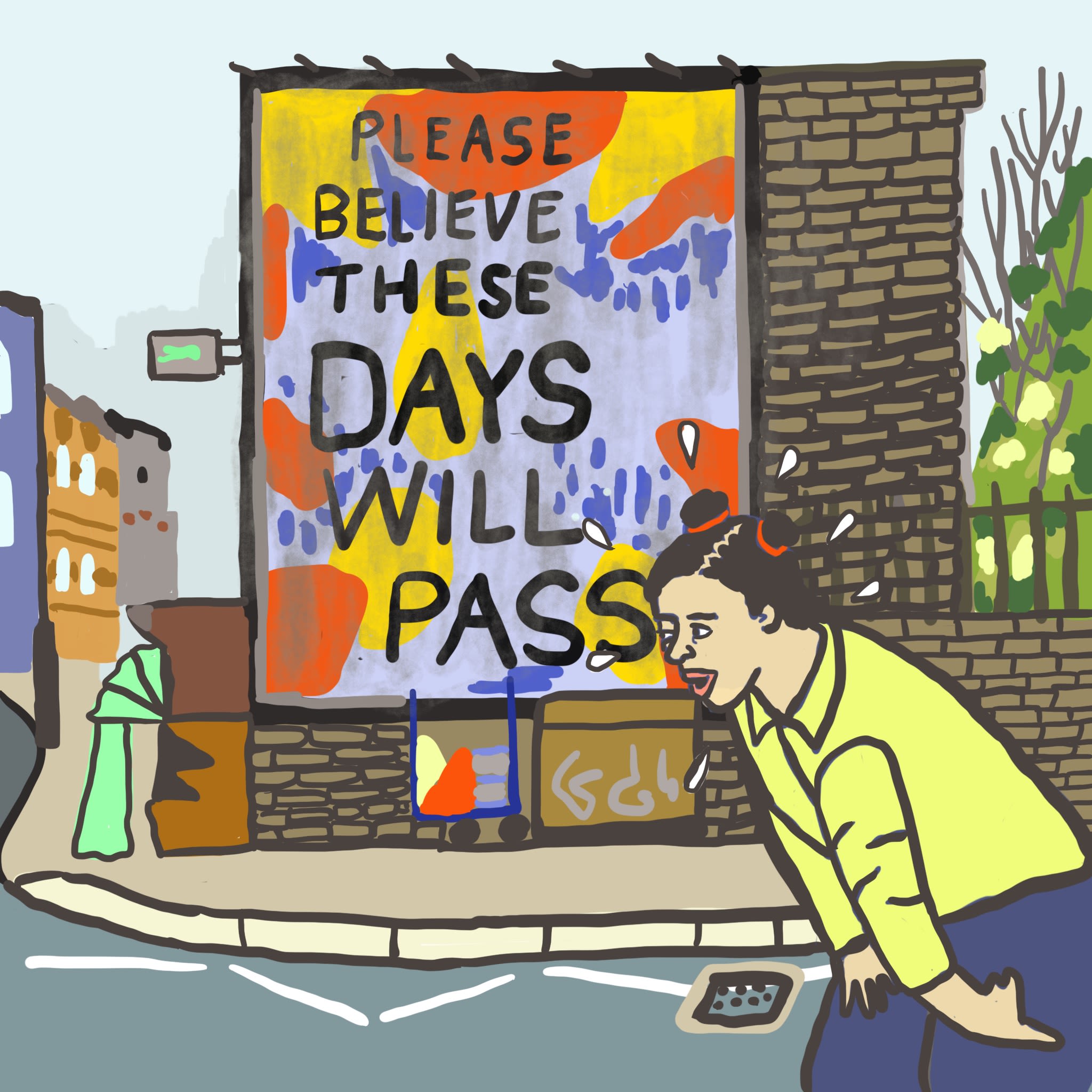
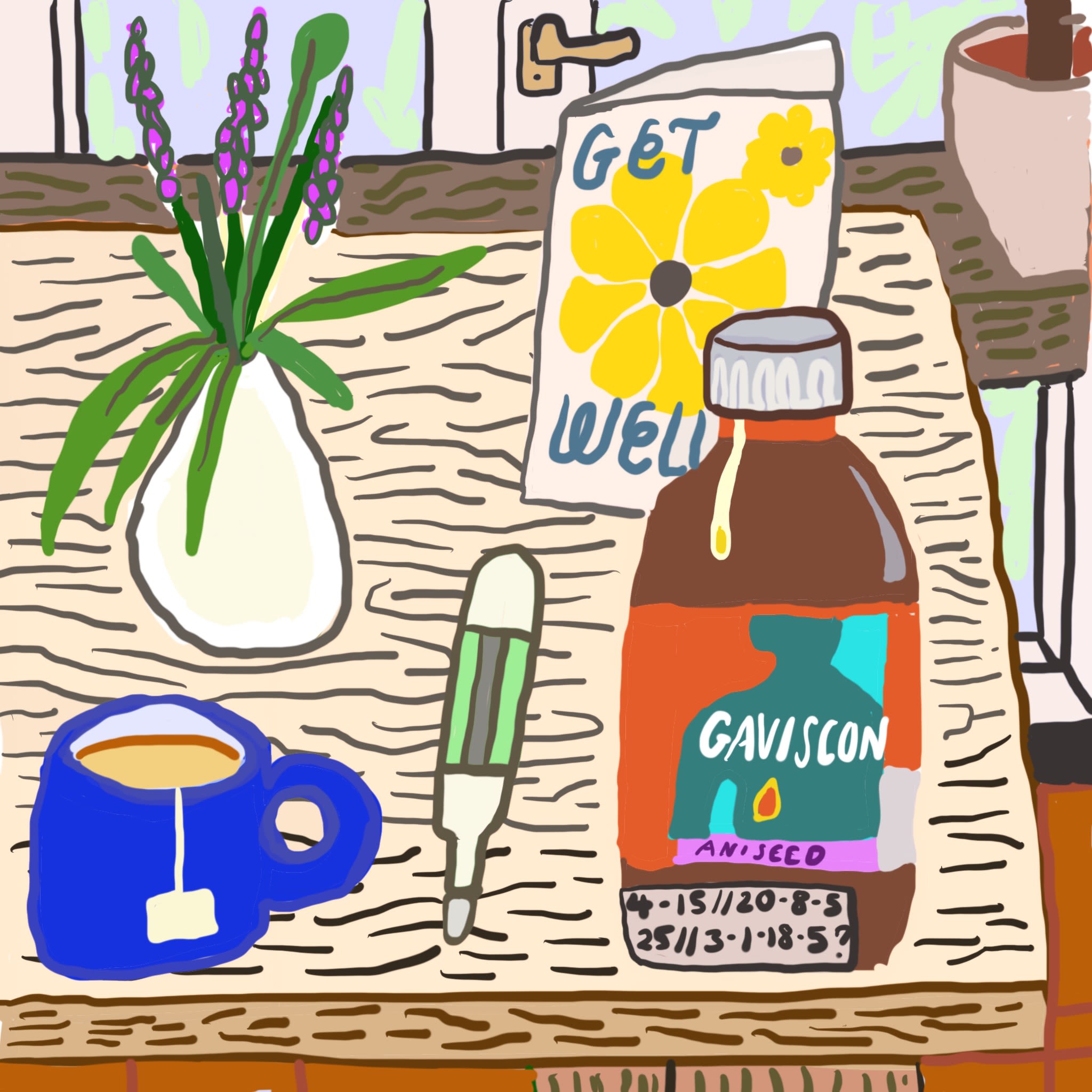
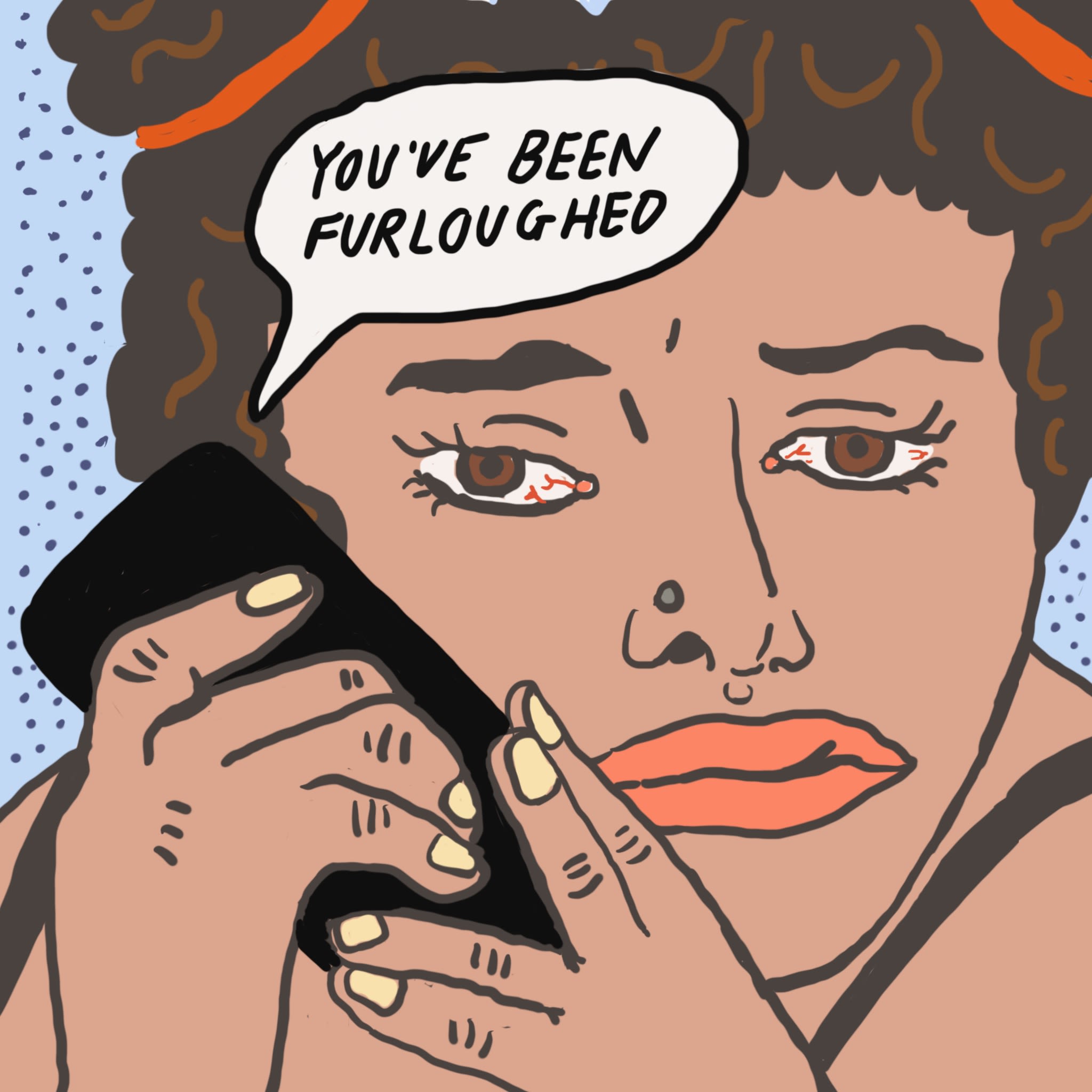
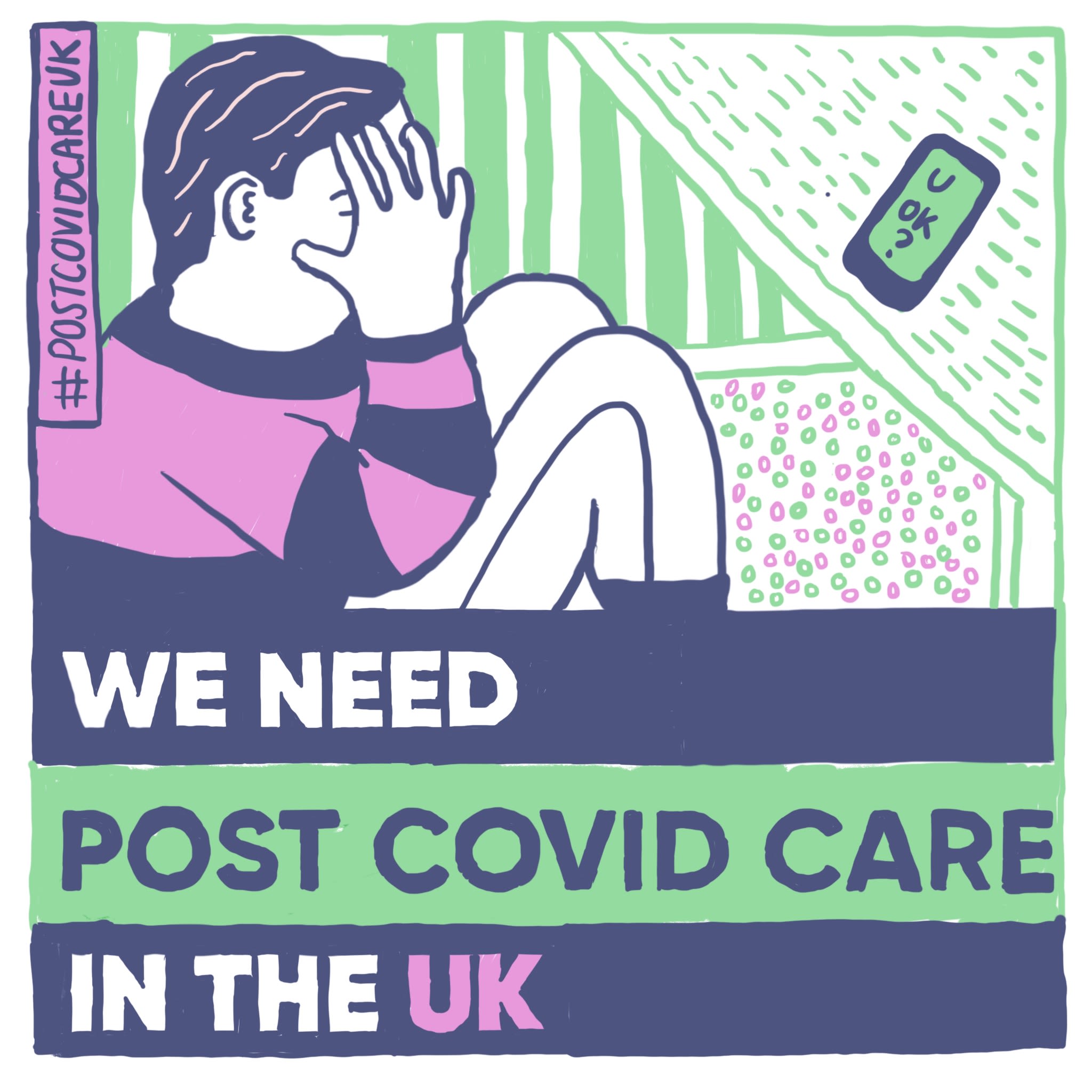
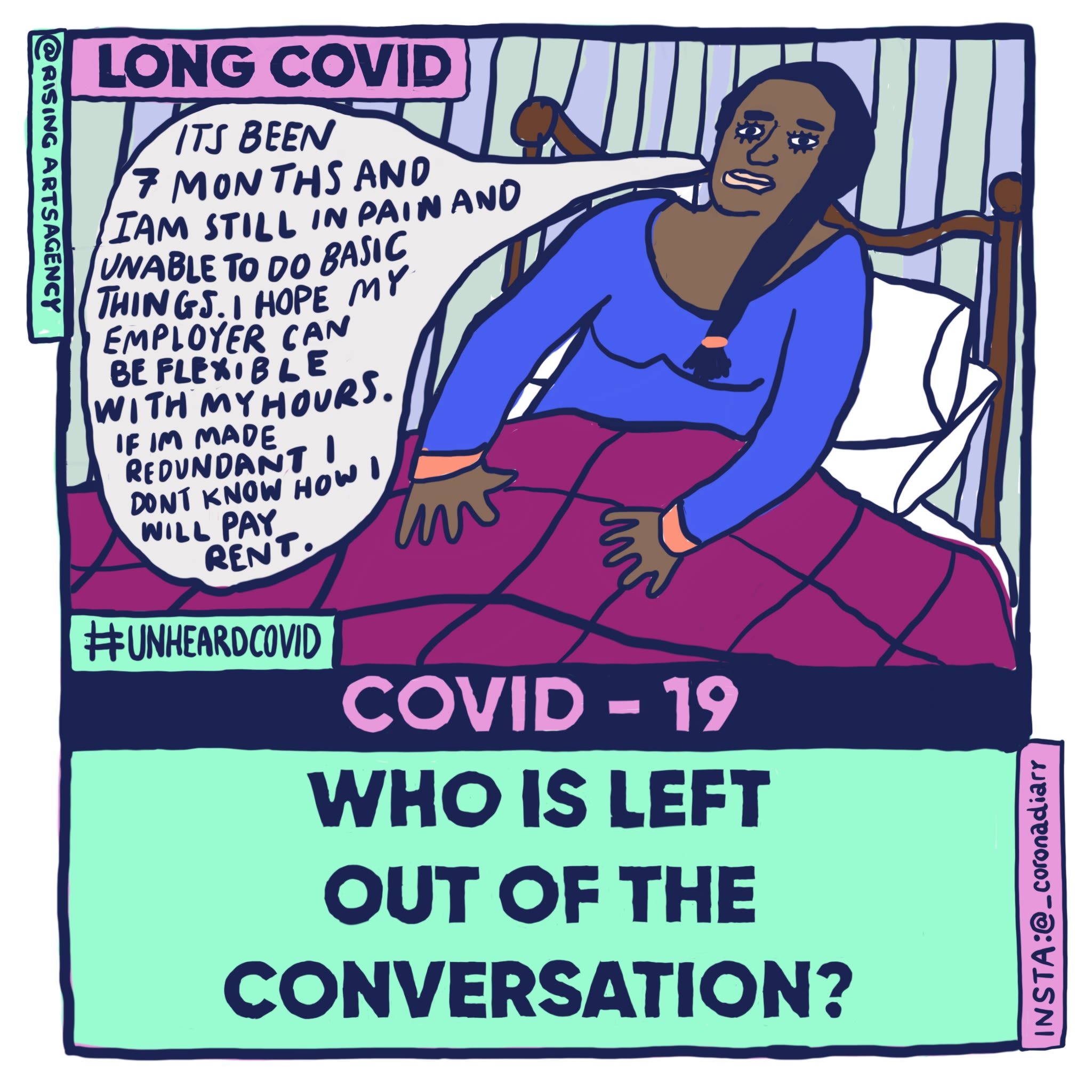

Artwork by Monique Jackson @_coronadiary
Artwork by Monique Jackson @_coronadiary

Artwork by Monique Jackson @_coronadiary
Artwork by Monique Jackson @_coronadiary

Artwork by Monique Jackson @_coronadiary
Artwork by Monique Jackson @_coronadiary

Artwork by Monique Jackson @_coronadiary
Artwork by Monique Jackson @_coronadiary

Artwork by Monique Jackson @_coronadiary
Artwork by Monique Jackson @_coronadiary

Artwork by Monique Jackson @_coronadiary
Artwork by Monique Jackson @_coronadiary

Artwork by Monique Jackson @_coronadiary
Artwork by Monique Jackson @_coronadiary

Artwork by Monique Jackson @_coronadiary
Artwork by Monique Jackson @_coronadiary

Artwork by Monique Jackson @_coronadiary
Artwork by Monique Jackson @_coronadiary
One of the most worrying impacts of the condition is the inability to work.
Lere Fisher, 46, hasn’t been well enough to return to work as a learning and development consultant, and because his work is freelance, he was forced to claim benefits.
He isn’t alone. In a study published by Patient-led Research, yet to be peer-reviewed, 67% of respondents who were sick for more than 28 days reported needing a reduced work schedule or not working at all.
Some, like Monique, have had supportive employers who have kept them on furlough, while others, like Lere, have struggled to access government support.

Lere Fisher had to claim benefifts.
Lere Fisher had to claim benefifts.
Talk of Long Covid is slowly trickling into the national conversation, but thousands of people fought for months before the condition even began to be acknowledged.
In Long Covid support groups such as Body Politic, Long Covid SOS, and Long Covid Support, long haulers found understanding and community after long periods of isolation.
“People who have been through this completely understand how demoralising this illness is,” Helen explained.
A cry for help: Long Covid SOS members outline their situation
Some of the support groups are more specialised, such as Suzy’s Facebook group where she shares gentle relaxation yoga and strength building to help other long haulers.
When a doctor told Suzy that she wasn’t sick enough to be hospitalised and should treat herself at home, she realised she had some control over her body’s healing process.
She set up the group and it is now home to 2,600 people doing her classes and supporting and motivating each other.
“I work with people with my symptoms and with their symptoms,” said Suzy.
And this was what people really responded to – the fact that Suzy understood what they were going through.
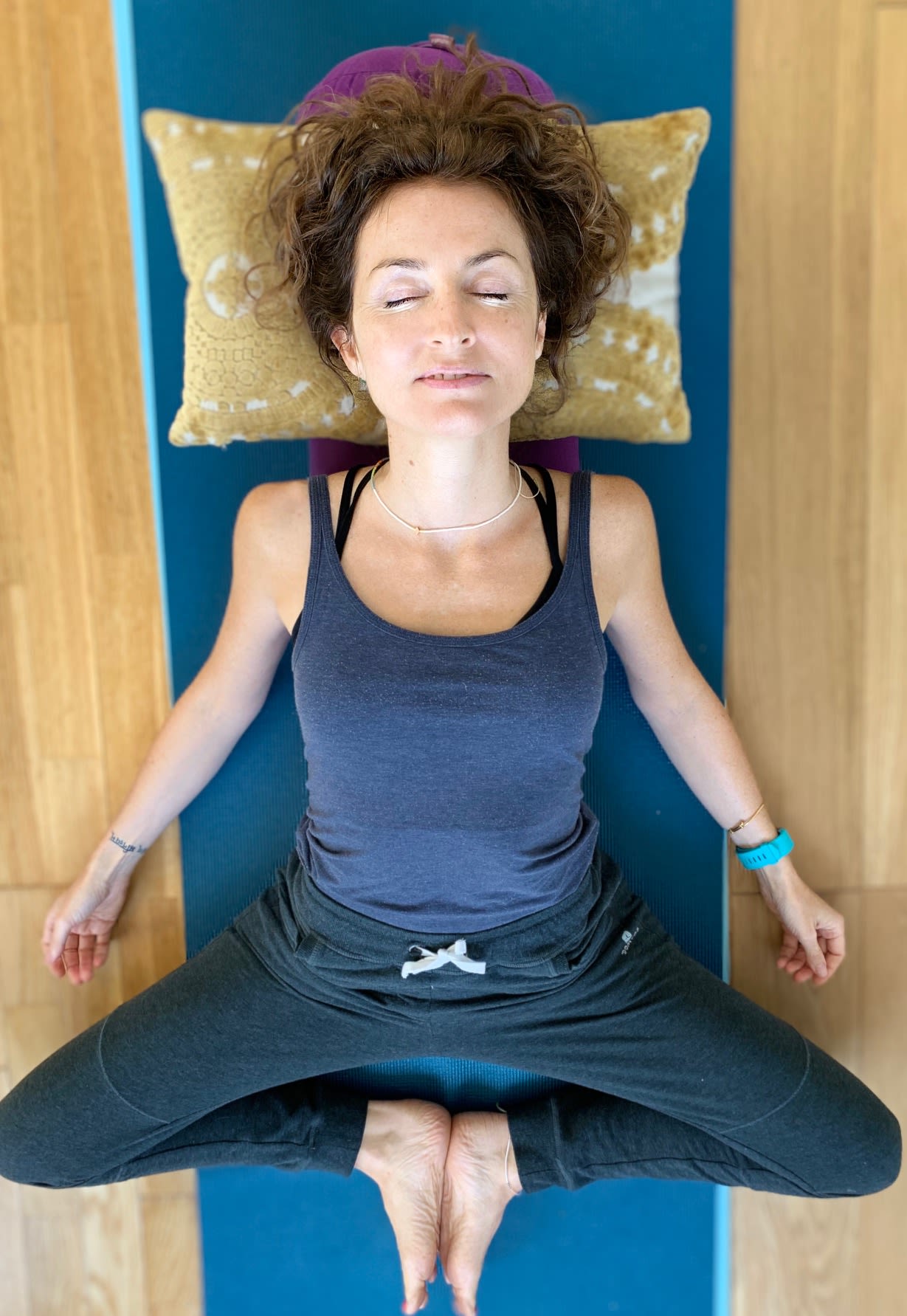
Suzy Bolt teaches Covid recovery yoga. Image credit: Ross Cooper.
Suzy Bolt teaches Covid recovery yoga. Image credit: Ross Cooper.
On 14 January, Parliament held its first debate on Long Covid with cross-party MPs calling on the government to improve public messaging about the long-term effects of Covid and for Long Covid to be counted alongside deaths and ICU numbers.
As the Long Covid clinics begin to treat people, the ongoing research projects collect more data, and the calls for government action get louder, long haulers hope they will finally start to see the support and recognition they need.
